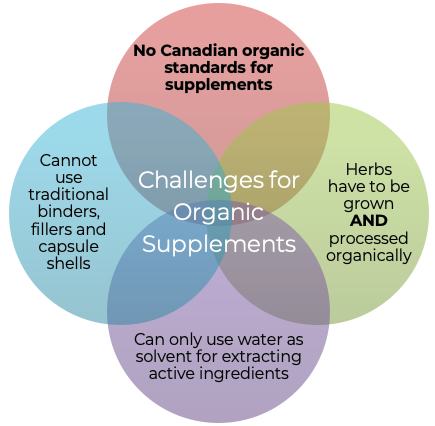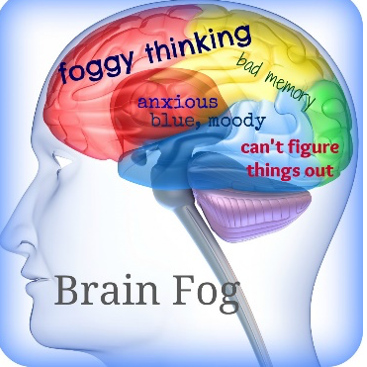Eczema 101
Eczema is a term that describes a group of inflammatory skin conditions that produce rash-like symptoms, such as red, itchy patches on the skin.
It's also known as dermatitis (skin inflammation), atopic eczema ("atopic" means a genetic tendency toward allergic hypersensitivity), or simply atopic dermatitis.
Atopic dermatitis is the most severe and chronic (long-lasting) form of eczema. It's characterized by inflamed skin that may crack and release a clear fluid when scratched. People with atopic dermatitis often experience flares, during which symptoms worsen, and remissions, when symptoms improve or clear up.
What is the main cause of eczema?
Eczema is mainly caused due to compromised skin barrier, which prevents the retention of fats and oils, while promoting water loss. Science doen't know why this happens, but genetics may play a role. A familial or personal history of asthma or hay fever are risk factors.
Children are more likely to develop eczema if other allergic diseases run in the family, which suggests that there may be a genetic component to the condition. Read more about conditions related to eczema below.
Though dermatologists don’t necessarily consider eczema an autoimmune disorder, the symptoms of atopic dermatitis are thought to be the result of an immune system overreaction or dysfunction.
In addition to genetic and immune system factors, environmental factors also play a role in worsening or triggering eczema.
Outbreaks of eczema can also be triggered by stress. Stress causes a spike in the hormone cortisol (also called the stress hormone). When body produces high amounts of cortisol because of stress, skin can become abnormally oily. This can then trigger an eczema outbreak. Stress makes it harder for your skin to recover from irritation and skin damage. Not only does stress cause eczema, it can make eczema outbreaks last longer.
Eczema triggers may include a wide range of irritants, allergens, and other substances, such as:
- Soaps, detergents, shampoos, and dishwashing liquids
- Dust or sand
- Perfumes, and skin-care products that contain fragrances or alcohol
- Wool or synthetic fabrics
- Mental stress
- Mold
- Pollen
- Pet dander
- Allergenic foods (such as peanuts, soy, and eggs)
- Dust mites
- A hot or dry climate
- High or low humidity
- Bacterial, viral, or fungal infections
What are the signs and symptoms of eczema?
People with eczema have very dry, itchy skin and rashes on various parts of the body — particularly the face, hands, feet, insides of the elbows, and behind the knees.
In addition, skin lesions and blotches may develop on the wrists, ankles, sides of the neck, or around the mouth.
For most people, the main symptom of eczema is itching, which can lead to scratching and rubbing that further irritates the skin. This can, in turn, lead to the “itch-scratch cycle” or increased itching and scratching that worsens eczema symptoms.
Other skin symptoms associated with eczema include:
- Rough, leathery patches of skin
- Red, raised bumps
- Increased skin creases on the palms of the hands
- Small, rough bumps on the face, upper arms, and thighs
- Swollen, sore skin
How to prevent Eczema?
One can take the following steps to prevent flare-ups:
- Follow a healthy skin-care routine, including using moisturizing cream or lotion two to three times a day.
- Use gloves when needed, such as when you’re at risk of coming in contact with irritants. That means while working outside or if you have to put your hands underwater (to absorb sweat, wear cotton gloves under plastic gloves).
- Bathe smart, such as by using only mild soap and lukewarm water for your bath or shower, and patting your skin dry instead of rubbing it.
- Wear loose clothes— that is, those that are made of cotton and other natural materials.
- Limit exposure to known irritants and allergens as best you can.
- Don't itch affected skin areas
- Avoid Stress buy doing meditation or taking natural supplements
Can you get rid of eczema?
There's no cure for eczema, but avoiding known triggers and leveraging treatment options can help reduce your symptoms. First, keep skin moisturized with a fragrance-free cream or ointment. Topical corticosteroids and oral medications may further help reduce irritation and keep flare-ups at bay.
To treat eczema at home, moisturize your skin with a cream or lotion. There are many known natural agents like Colloidal Oatmeal, Aloe vera extract, jojoba oil among others which not only provide moisturising action but also reduces eczema related inflammation.
Refine Naturals™ 07 Eczema product’s unique multiple ingredient formula protects and helps relieve skin irritation and itching related to eczema. At Refine Naturals™, we realize that not all natural health supplements are created equal. We have concentrated our expertise in choosing quality and evidence based medicinal as well as non-medicinal ingredients. We keep our labels and marketing practices compliant to advertising standards, so as to never mislead consumers in their decision making.
References:
- Sohn A, Frankel A, Patel RV, Goldenberg G. Eczema. Mt Sinai J Med. 2011 Sep-Oct;78(5):730-9. doi: 10.1002/msj.20289.
- Raveendran R. Tips and Tricks for Controlling Eczema. Immunol Allergy Clin North Am. 2019 Nov;39(4):521-533. doi: 10.1016/j.iac.2019.07.006. Epub 2019 Aug 31.
- Lawton S. Atopic eczema research: an update. Br J Nurs. 2018 Jun 14;27(11):594-596. doi: 10.12968/bjon.2018.27.11.594.
- Rożalski M, Rudnicka L, Samochocki Z. Atopic and Non-atopic Eczema. Acta Dermatovenerol Croat. 2016 Jun;24(2):110-5.




